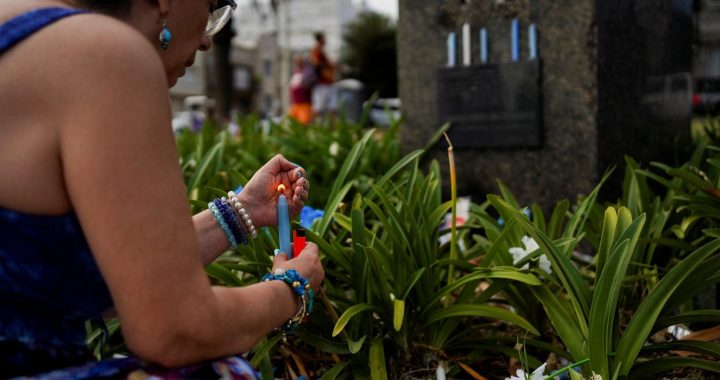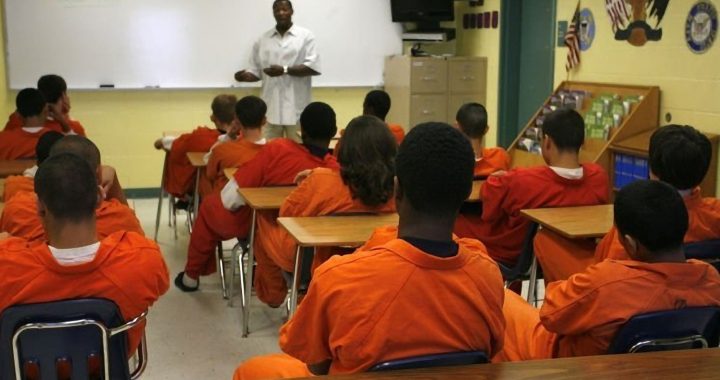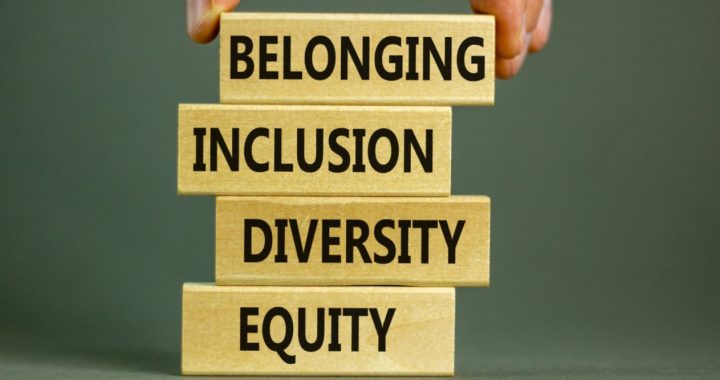
breast Cancer Blk Women
What Will It Take To End Breast Cancer Inequities In The Black Community ?
Over the last few decades, significant advancements in breast cancer care have resulted in groundbreaking treatments that were once only imaginable and a 42% decrease in breast cancer death rates. Even the treatment I endured 17 years ago for my triple-negative breast cancer has drastically changed since, resulting in a better quality of life for patients.
However, beneath the surface of progress lies a disheartening inconsistency, particularly when it comes to health equity. Black women in the U.S. confront a stark reality—they are about 40% more likely to die from breast cancer than white women, with this number soaring to a staggering 50% in certain communities. Recently, CNN anchor Sara Sidner shined a new spotlight on this when she admirably announced her breast cancer diagnosis.
Yes, more people are surviving breast cancer than ever, as Sidner also noted. But despite overall advancements, Black women continue to face significant barriers to breast cancer care, irrespective of age, insurance status or geographical location. Many studies over the years have found that Black women often endure devastating disadvantages due to systemic racism, below-standard care and implicit bias.
Like any problem worth solving, achieving health equity takes time, research, investment and listening—a comprehensive approach to ensure all voices are heard and represented. As a case in point, within our Stand for H.E.R. initiative—a health equity revolution program built to remove the barriers to high-quality breast health care that Black women so desperately need—we’ve identified five key health equity drivers of change: education, patient support, workforce development, research, and public policy and advocacy.
Education, for example, plays a pivotal role. Failure to create successful education approaches on breast health may result in delayed screening and diagnosis, which contributes to higher rates of advanced breast cancer and mortality in the Black community. In fact, you may be surprised to learn that about one-third of breast cancer deaths could be prevented if everyone received the high-quality treatment that exists today.
When it comes to research—another key equity driver for change—there’s currently a small subset of patients from which we’re learning about breast cancer. Breast cancer is different from one person to another and is based on our individual biology and lived experiences. To expand their learnings, researchers today must lean into clinical trials and registries—two channels through which we can ensure that our future discoveries impact all lives, not just some. And cancer-care organizations should consider offering programs that give people who have been diagnosed with cancer a way to participate in research. (This is something we offer in our ShareForCures program.)
“Breast cancer awareness” transcends more than the pink ribbons and races you see each October during National Breast Cancer Awareness Month. It’s about educating communities on these startling statistics, empowering everyone to understand their unique risk, and taking actionable steps to build awareness and dismantle barriers to care. Every voice must be heard. And every voice must be woven into the fabric of our healthcare infrastructure.
A recent study revealed yet another glaring disparity: As of 2021, only 5.7% of physicians identified as Black or African American, though nearly 14% of the U.S. population self-identifies as Black. A diverse healthcare workforce has been proven to increase access to healthcare for communities of color and achieve better outcomes for all.
No matter what it takes, we must help connect patients to timely, high-quality care. We must develop a workforce where people of color are well-represented. We must advocate in the halls of Congress to protect patient rights. And through every step, we must ensure that all voices and experiences are represented in research so that new discoveries can benefit everyone.
Collaborating with Black communities, policymakers, researchers, healthcare providers and other key allies pushes us one step closer to a world in which Black people have the same chances of surviving breast cancer as anyone else.
All of us can play a crucial role in fostering change. Amplifying awareness, supporting patient care organizations, advocating for diversity in health care, propelling research and serving as community advocates are all ways you can make an impact. By acting, you save lives.
After decades of progress and obstacles alike, ending breast cancer disparities needs more than one magic moment. It demands collective action. It demands the realization that we, as a society, hold the power and responsibility to achieve health equity for every person.







